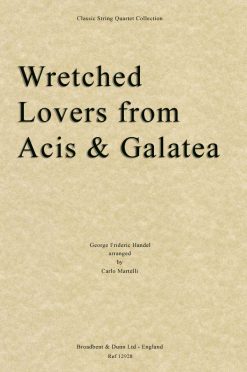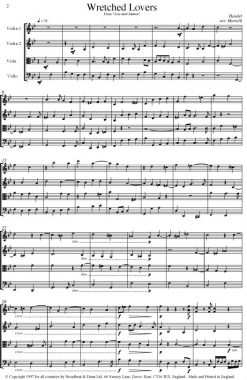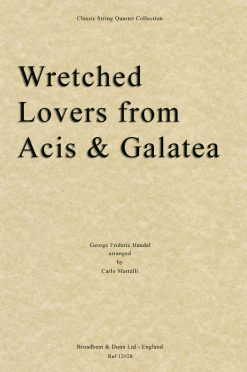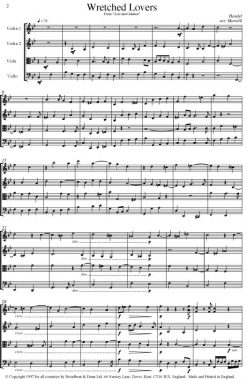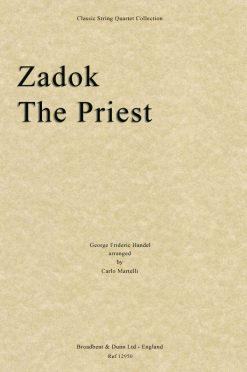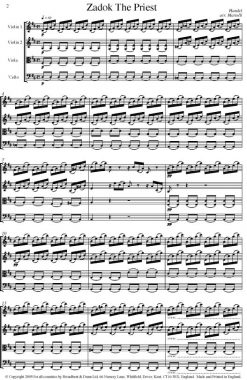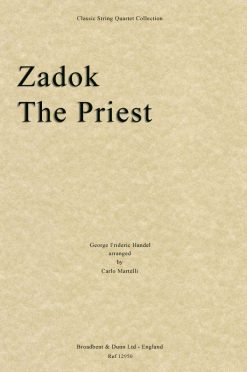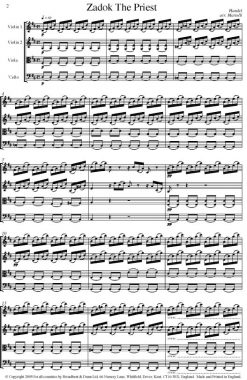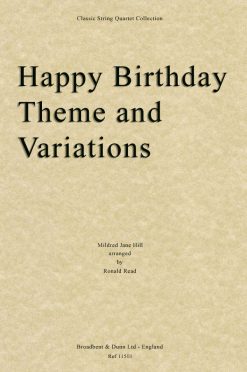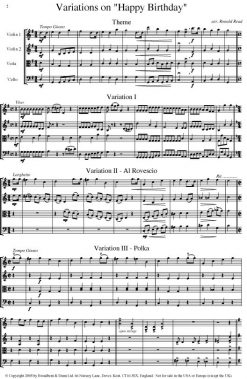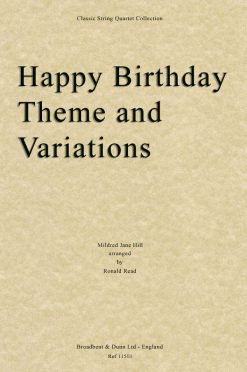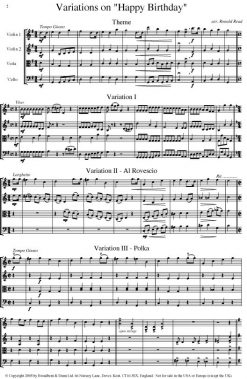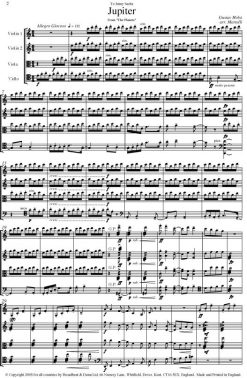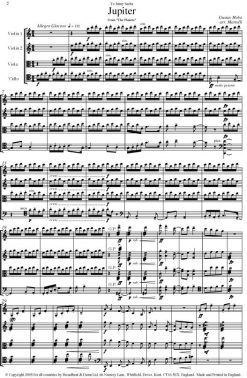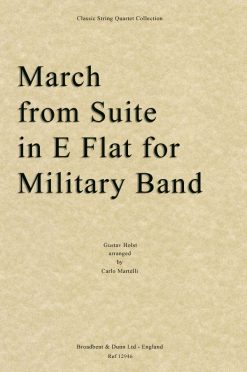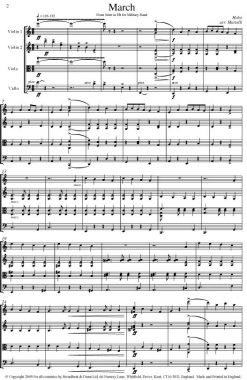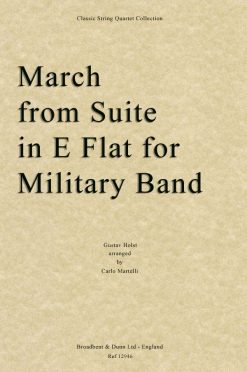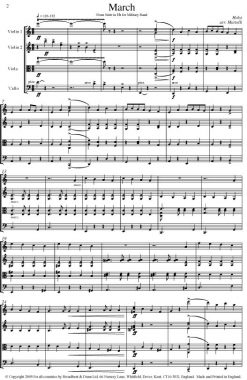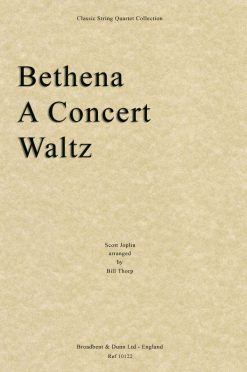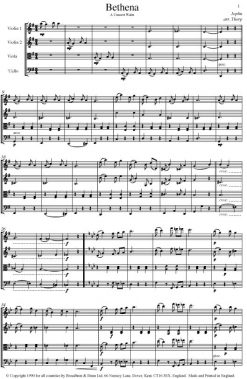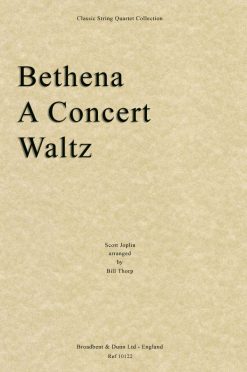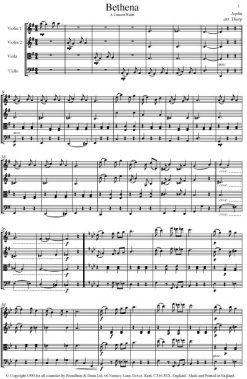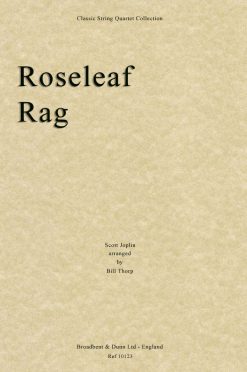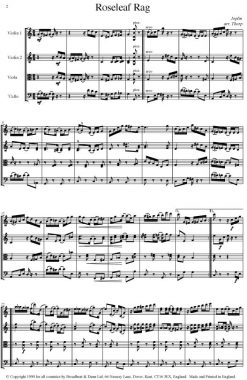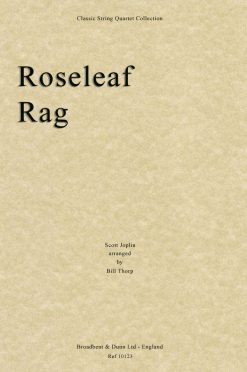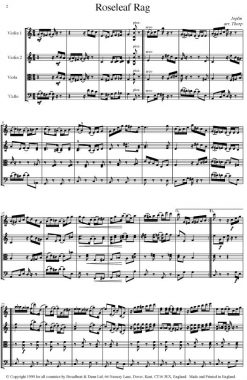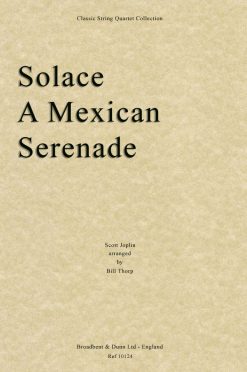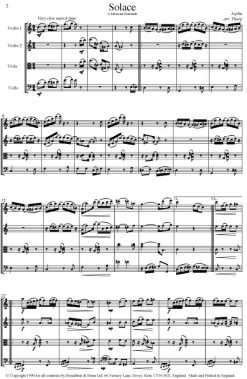Handel, George Frideric
Handel – Wretched Lovers from Acis and Galatea (String Quartet Parts)
Handel, George Frideric
Handel – Wretched Lovers from Acis and Galatea (String Quartet Parts) – Parts Digital Download
Handel, George Frideric
Handel – Wretched Lovers from Acis and Galatea (String Quartet Score)
Handel, George Frideric
Handel – Wretched Lovers from Acis and Galatea (String Quartet Score) – Score Digital Download
Handel, George Frideric
Handel, George Frideric
Handel – Zadok The Priest (String Quartet Parts) – Parts Digital Download
Handel, George Frideric
Handel, George Frideric
Handel – Zadok The Priest (String Quartet Score) – Score Digital Download
Hill, Mildred Jane
Hill – Happy Birthday Theme and Variations (String Quartet Parts)
Hill, Mildred Jane
Hill – Happy Birthday Theme and Variations (String Quartet Parts) – Parts Digital Download
Hill, Mildred Jane
Hill – Happy Birthday Theme and Variations (String Quartet Score)
Hill, Mildred Jane
Hill – Happy Birthday Theme and Variations (String Quartet Score) – Score Digital Download
Holst, Gustav
Holst, Gustav
Holst, Gustav
Holst – March from Suite in E Flat for Military Band (String Quartet Parts) – Parts Digital Download
Holst, Gustav
Holst – March from Suite in E Flat for Military Band (String Quartet Score) – Score Digital Download
Joplin, Scott
Joplin, Scott
Joplin, Scott
Joplin, Scott

